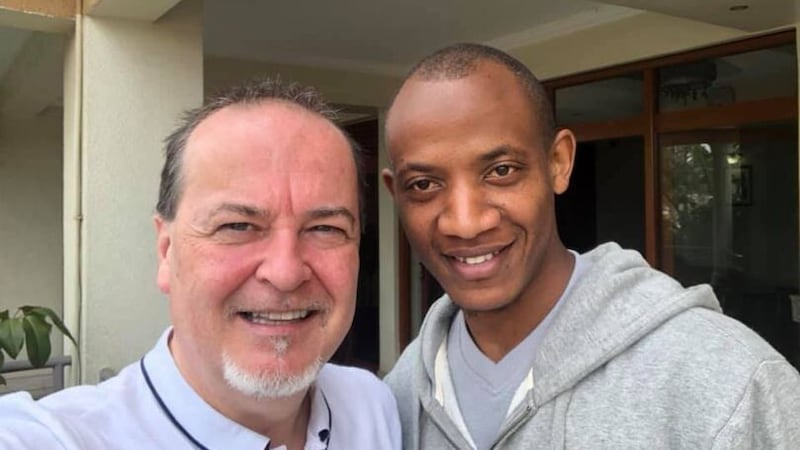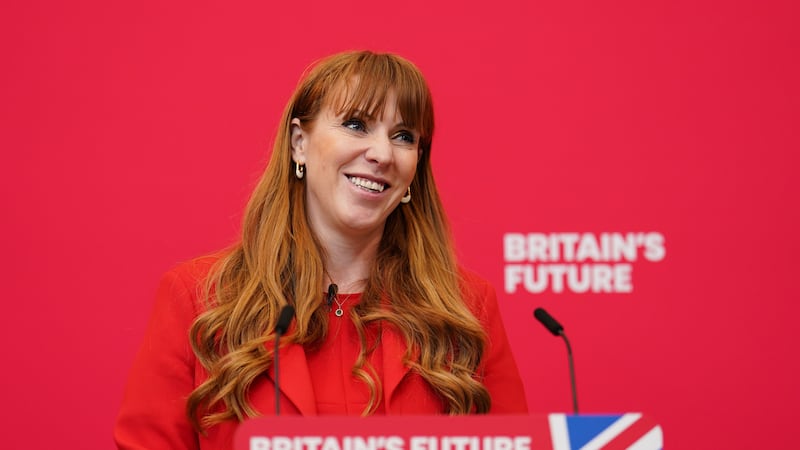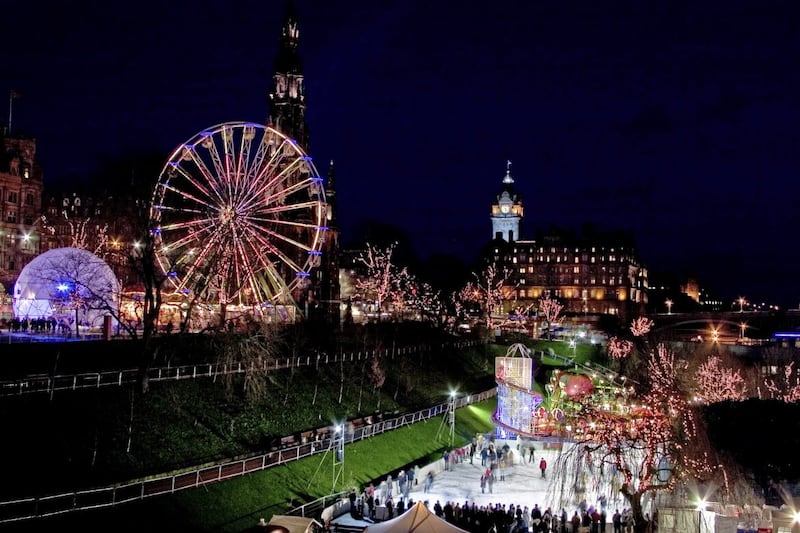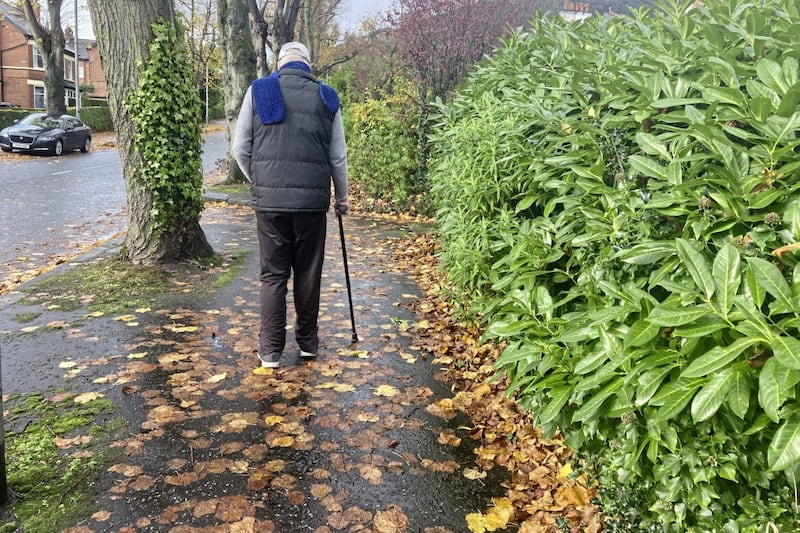I was in Rwanda – the Pearl Of Africa – on a visit. On the dirt road south of Renk there’s a hold up. Lots of people milling around – nerves set in, Tutsi and Hutu all around can mean trouble; and my driver Wenceslas is nervous.
We have to stop – only to discover these are celebrations. A teenage Tutsi couple are getting married and nothing will do but the two of us attend the ceremony.
What a joy that turns out to be. I have to sit beside the preacher and be part of the proceedings. The bride cries throughout the ceremony which apparently is a sign of modesty but it’s quite sad. However, by good luck, I’m carrying a little stone I’d collected on the beach in Donegal and painted with a colourful little love bug. I give her the stone and her face lit up.
This all came back to me when I was reading Kill The Devil, a love story co-written by Tony Macaulay and Juvens Nsabimana.
Most people in Northern Ireland know Tony from his outstanding plays in the Lyric theatre – Paperboy and Breadboy – but he’s the author of many other books and articles and lectures in Europe and America and his theme is reconciliation.
He’s on the steering group developing the Rwanda Peace and Reconciliation Centre and it was when visiting the capital he first met his co-author. Juvens is also a writer and a film-maker, born in the slums of Kigali and no stranger to the genocide of 1994 when in 100 days between April and July it’s said that one million Tutsi were murdered.
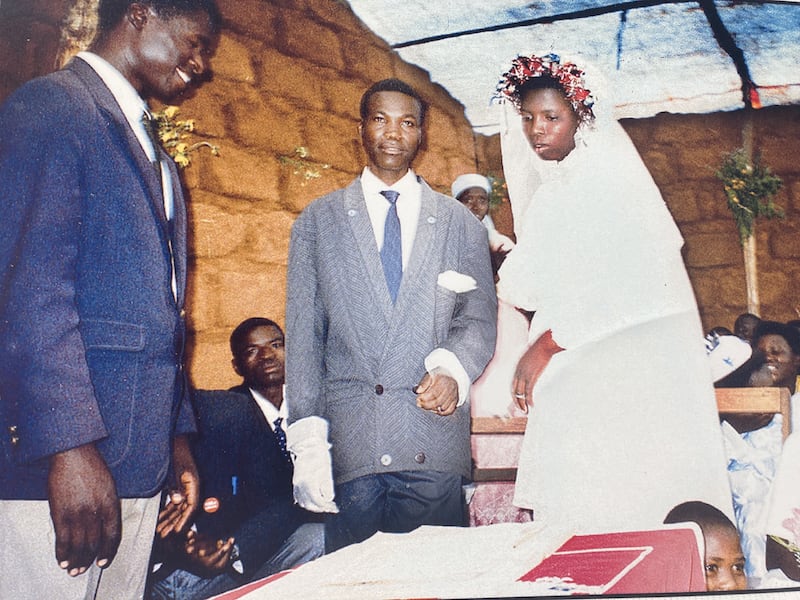
A LOVE STORY
Just like the couple I met two years after the genocide, Patricia and Bernard had married and were happy with two beautiful children, Alice and baby Innocent, her precious boy.
Little did they know what was to come. Genocide – the wholesale slaughter of a nation or ethnic group with the aim of destroying that group. Patricia lost everything in one night. “When God was deep asleep, as if dead, the Hutu Interahamwe came for us. I lost my husband, my daughter and my baby son. I saw their blood flowing on the ground.”
She lost her immediate family, and all her relations and friends. No wonder, after 10 years of mental and emotional torment, she decided to stop her heart from beating. She pours out her story on a piece of paper, puts it in a bottle and holding it as long as possible walks into the dark waters of Lake Kivu.
Hatred was in her heart, especially for one man, the man who oversaw the raid on her house. He was Bernard’s companion, Damascene Hakizimana, friend of the family who was at their wedding, at her children’s christening, a man who would surely not betray his neighbours. In fact he laughed as his friend was shot and fell to the floor, the little girl was hacked with a machete and the baby was thrown against the wall, she was slashed and left to die in a pool of blood. There was silence; the gang moved away, considering her a ‘cockroach’ – not even worth raping.
She was talking to a nurse who befriended her when fishermen carried her near lifeless body to the hospital.
“After 10 years I still see one man in my memory, the man I see most clearly in my memories is Damascene... he betrayed us and then he ran away to escape justice.”
And so begins a story of embitterment, regrets, lying and eventual healing and the day when Patricia could say: “I am a survivor, not a victim.”
RESPECT
Above all, it’s a testament to the Rwandan people and their determination to achieve peace.
That has been a big challenge, seeing skulls with spikes through them; churches where the Hutu youths came in and hacked the villagers to death; little shoes, books, suitcases lying where they fell – I found it very traumatic.
It took Patricia 10 years to come to terms with her tragedy, it’s taken others longer and some will never reconcile.
At the launch of his book in the Duncairn Arts Centre in Belfast, Juvens joined us by Zoom from Nairobi. He and Tony talked of love and living in peace, people rather than politics, not funding but individual caring. Christophe Mbonyingabo, director of Christian Action on Reconciliation and Social Assistance, also spoke to the packed hall and discussed the Cow For Peace initiative – where a genocide survivor and a perpetrator raise a cow together as a shared business.
As Tony pointed out, if this coming together of two ethnic groups in positivity can happen in beautiful Rwanda, why on earth can’t it be done here in beautiful Northern Ireland?
“I was nervous at the launch,” he told me. “This book is so different to anything I have already done and I hope it will prove to be an important message as well as a novel worth reading.”
STEP UP STORMONT
“In Rwanda two weeks ago there was a day of remembering all people from all backgrounds who lost their lives – it’s not contentious, just a day of reflection for young and old, healing through remembering and truth-telling – but it needs brave leadership to establish such a thing, governments have never managed to do this, in Northern Ireland it needs to be lead by a Stormont Executive. If not Stormont, then the people should make it happen.
“Forgiveness is hard and simply, if Rwanda can do it, so can we.”
He added his hope is that people will read his book and think of how we can fix this unstable place in which we live.
On Easter Monday, exactly 25 years after the Good Friday Agreement, in the Daily Express Leo McKinstry wrote of Northern Ireland: “Today the province is a global beacon of reconciliation.” Is it? Could it be? Tony Macaulay believes it could, and it will, and he’s working towards that day. Let’s hope his dedication is infectious.
More details at tonymacaulayauthor.com

